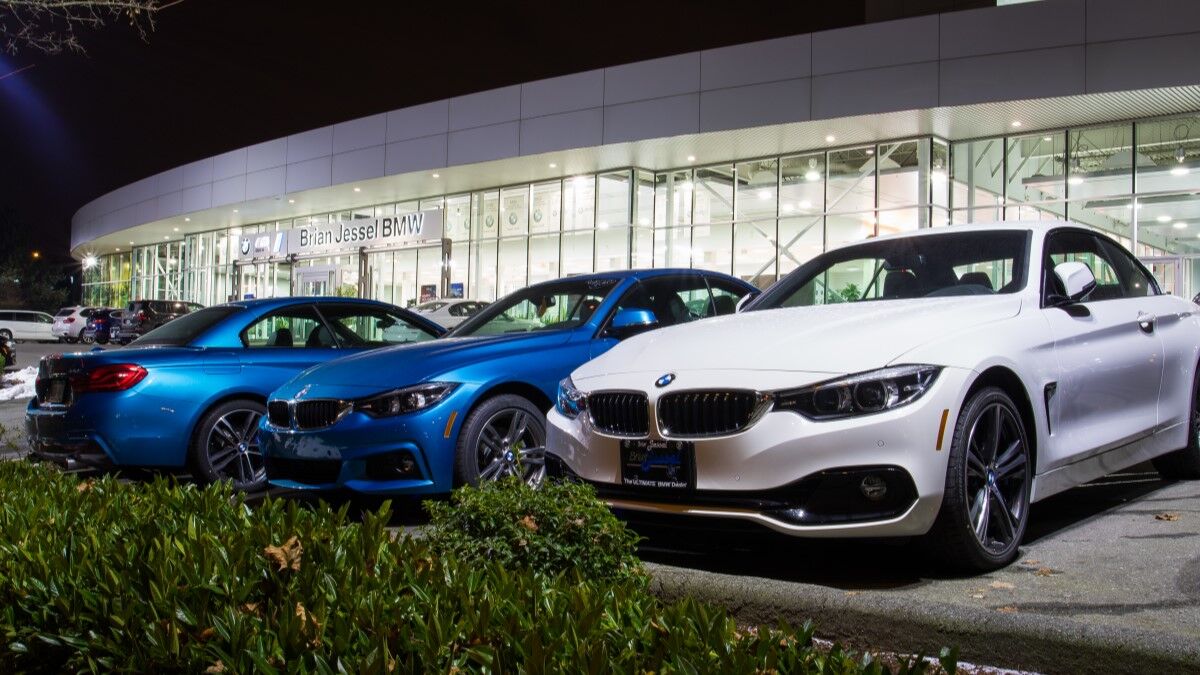Car News

2026 Nissan Pathfinder Starts at $38,995
The refreshed 2026 Nissan Pathfinder midsize SUV will start at $38,895, up $1,100 from the entry price of the 2025 model.

Self-Driving Cars Will Use Teal Lights Under New Standard
Under a new auto industry standard, future cars will use blue-green exterior lights to show their automation systems are engaged.

Ford: We’ll Offer 'Eyes-Off Driving,' 'Vehicle Brain,' and More
Ford announced a raft of future technology projects this week, including an AI-powered virtual assistant and "eyes-off" driving.

Chinese Automaker May Enter U.S. by 2029
An executive from Chinese automaker Geely Holdings told a reporter the company could announce U.S. sales within three years.

2026 Acura ADX Returns Without a Price Increase, Mostly
The 2026 Acura ADX subcompact luxury SUV returns for its second year with the same reasonable starting price.

Volvo EX60 Boasts 400-Mile Range, Fast DC Charging
The all-new Volvo EX60 midsize electric SUV has an estimated EPA range of 400 miles and debuts the brand's 800-volt architecture for quick DC fast charging.

BMW Adds Natural Language Personal Assistant
BMW used CES 2026 to show off a new intelligent personal assistant capable of processing natural language commands.

Mercedes Unveils Partial Self-Driving on City Streets
Mercedes will release a partial self-driving system that works on neighborhood streets in the second half of 2026, the company says.

Honda-Sony Joint Project Unveils SUV
Sony Honda Mobility, a joint project of the two companies, unveiled a prototype of a planned electric SUV this week.

2027 Ram Power Wagon Gets Diesel Option
Ram will bring a Cummins diesel engine to its 2027 Power Wagon, with 1,075 lb-ft of torque but no winch.

Wealthier Households Are Driving Car Sales
New data show that households earning $150,000 or more drove more new car sales than ever in 2025. Automakers are planning with that in mind.

Is Mitsubishi Hinting at a Montero Return?
A trademark filing and a new video released by Mitsubishi may hint at the return of a classic off-roader, the Montero.

Ram Extends 10-Year Powertrain Warranty Through 2026
Ram is extending its best-in-class truck powertrain warranty through the entire 2026 model year.

Driving the 2026 Infiniti QX60 Autograph
A week in the 2026 Infiniti QX60 Autograph finds it a luxurious option with a great sound system and a laid-back attitude.